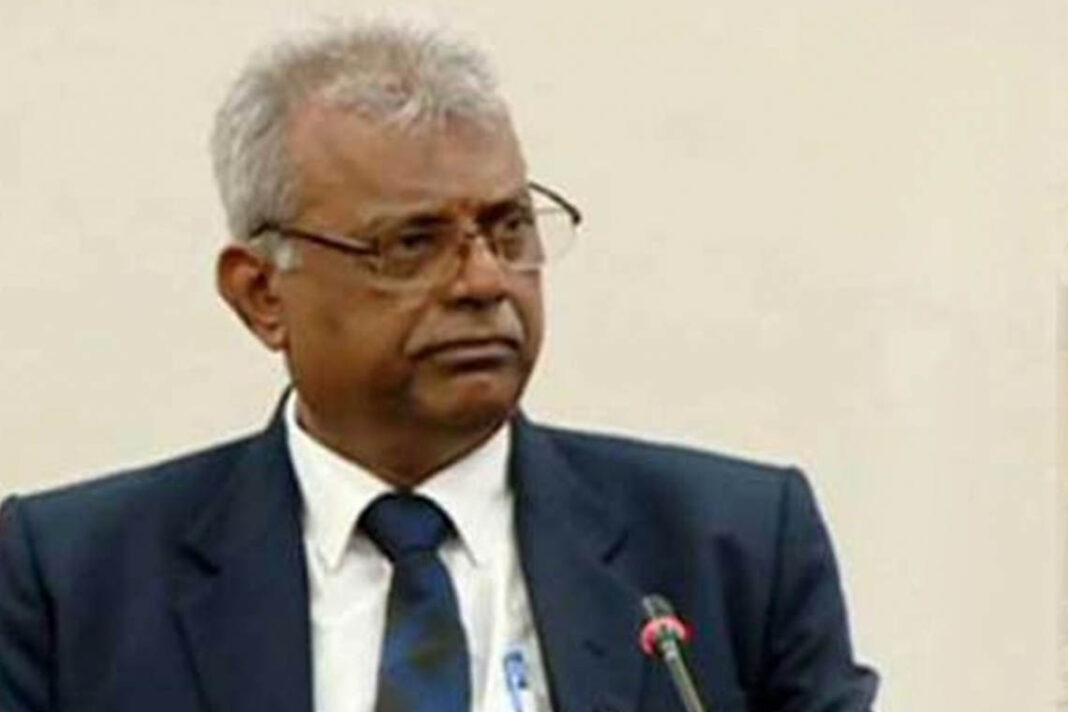Image: Ravi Senavirathne.
The investigation into the Easter Sunday terrorist attacks has uncovered that the perpetrators were provided with contingency instructions—specifically, a location to retreat to and a contact person to approach in case any of their planned targets failed.
This critical detail first emerged during proceedings of the Presidential Commission of Inquiry into the Easter Sunday attacks. Senior DIG Ravi Seneviratne, then head of the Criminal Investigation Department and now Secretary to the Ministry of Public Security, testified that intelligence had revealed such fallback arrangements. He stated that the attackers were instructed to go to a designated safe location, where a specific individual would meet them. The name of this individual was submitted to the commission on a piece of paper.
Seneviratne provided 163 pages of evidence to the commission. During the hearings, State Counsel Sanjeewa Dissanayake, representing the Attorney General’s Department, questioned him about possible links between the attackers and the ISIS organization. In response, Seneviratne disclosed that investigators had identified 41 bank accounts used by the attackers—all of which were Sri Lankan. He emphasized that the funding originated locally, not from abroad.
In a separate exchange, State Counsel Dissanayake handed Seneviratne a note with a name and asked whether it had any connection to Zahran Hashim, the leader of the attack. Seneviratne confirmed that the name had surfaced in reports and appeared to be linked to an organization in a neighboring country, although this connection had not been conclusively verified.
Senior DIG Seneviratne retired from the police service on December 31, 2019. Following his retirement, investigations into the attacks slowed significantly. This was largely due to the reassignment of key investigators—including former CID Director Shani Abeysekara—after Gotabaya Rajapaksa assumed the presidency in November 2019.
However, the investigations have recently regained momentum. Sources indicate that several important revelations have emerged, particularly concerning the testimony provided by Seneviratne. Currently, only one case is being heard against 25 suspects related to the attacks. Additional cases are expected to be filed, including one reportedly focused on attempts to deliberately delay and divert the original investigation.
(Edited translation of Sinhala language article by Shalika Wimalasena for the Silumina newspaper)
